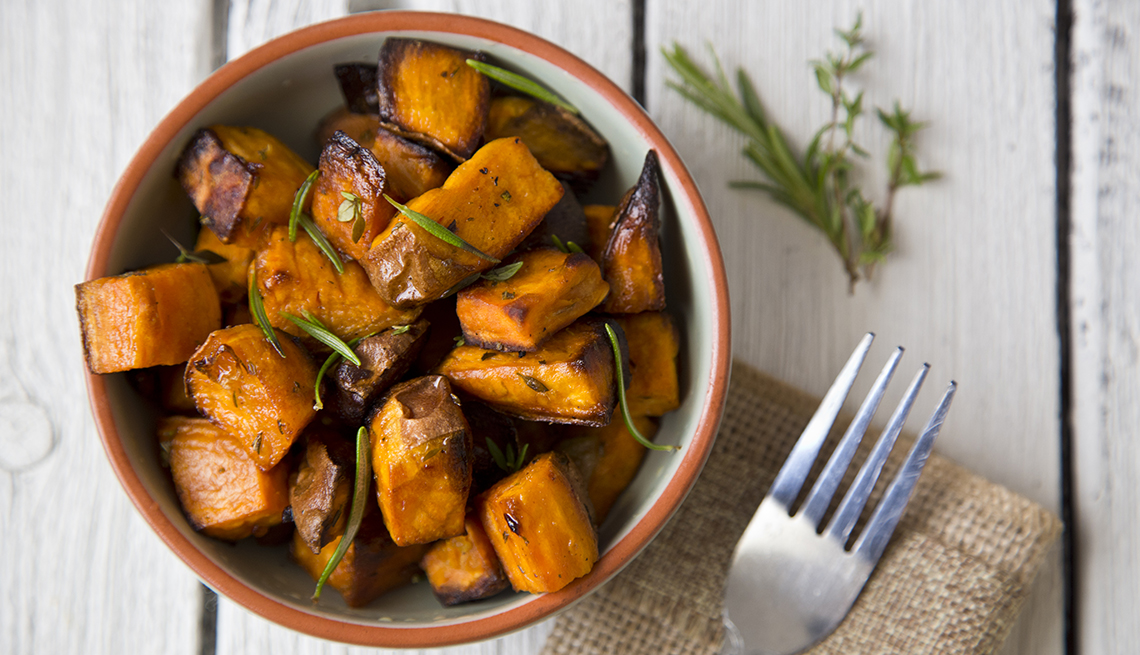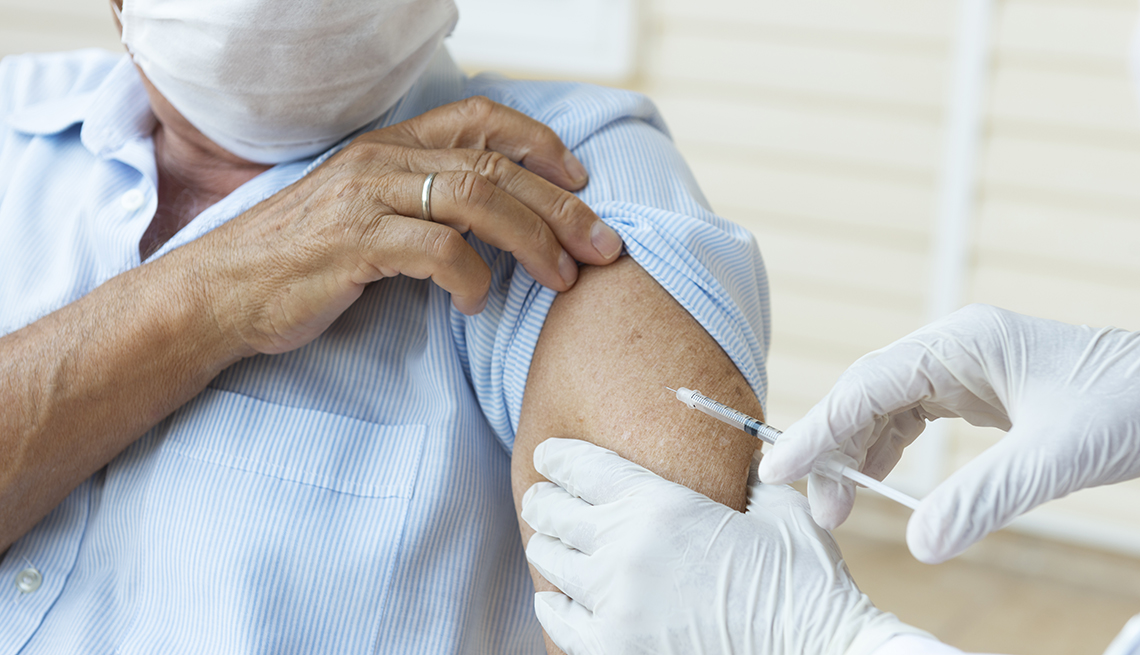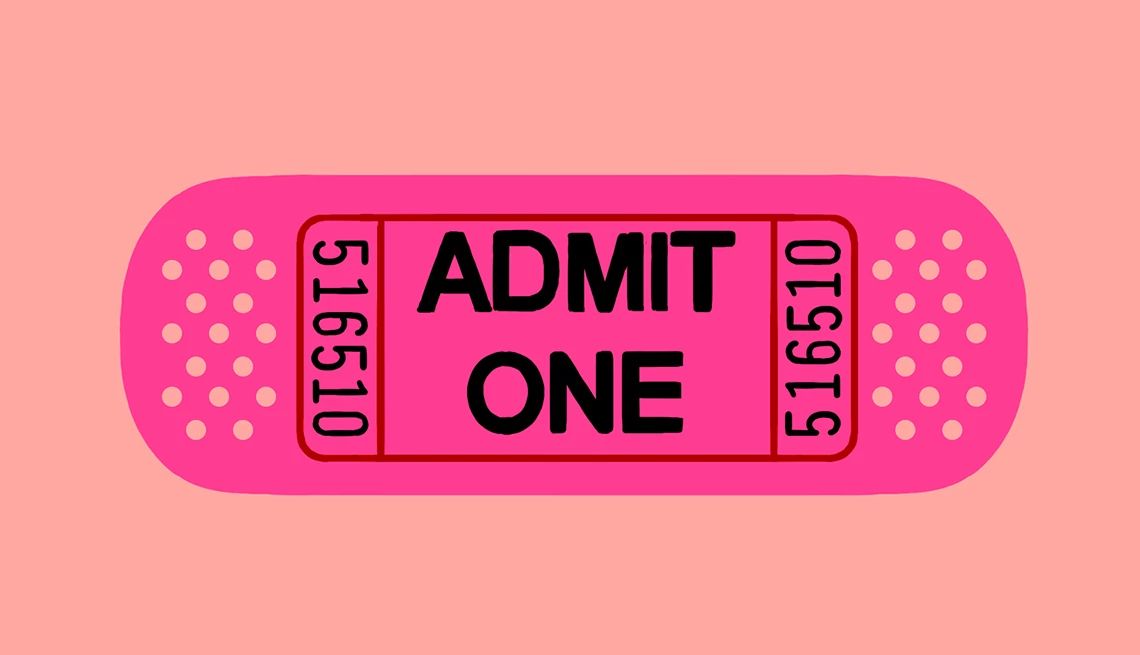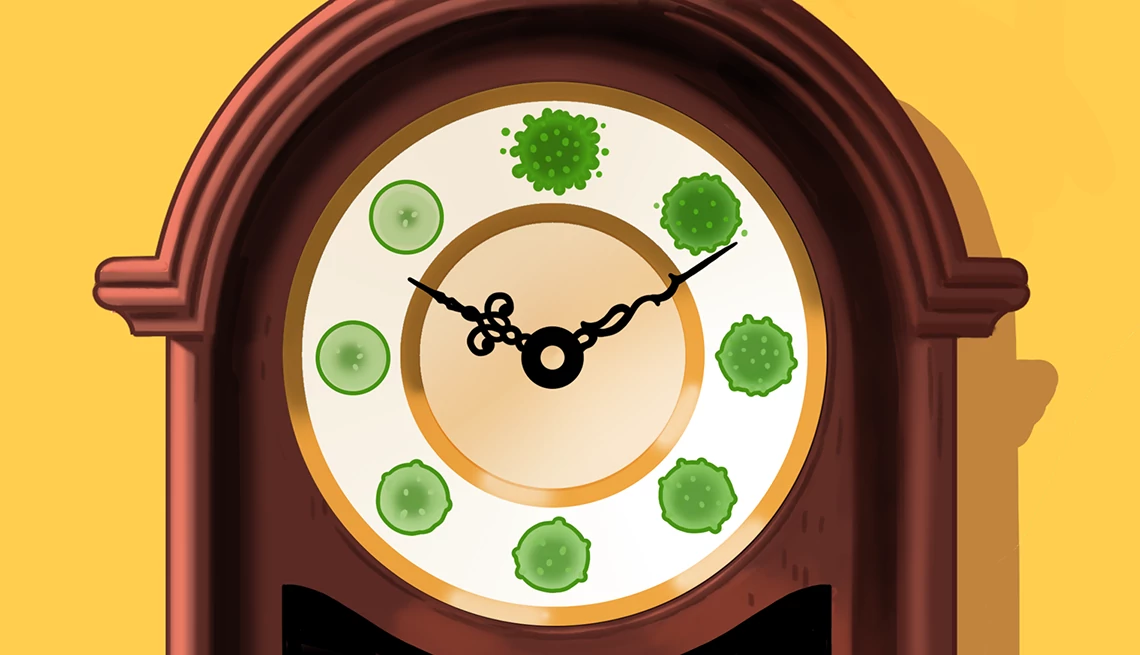AARP Hearing Center


September and October are big months not only for flu shots but also for COVID-19 boosters.
The coronavirus vaccines were updated last fall to better match the variants circulating at the time, and this year is no different. Vaccine manufactures are reformulating the shots to match recent versions of the ever-evolving virus, and experts expect them to be ready in early autumn.
So you may be wondering: Is it OK to get your flu shot and COVID-19 booster at the same time?
Absolutely, health experts say. In fact, many doctors plan to encourage Americans to get both at once.
“It’s two for the price of one,” says Ranit Mishori, M.D., a professor of family medicine at Georgetown University School of Medicine. “Get one in each arm. It’s an efficient and effective way to make sure you’re protected.”
Both diseases are especially dangerous for older adults. The Centers for Disease Control and Prevention (CDC) estimates that between 50 and 70 percent of flu-related hospitalizations occur among adults 65 and older and between 70 and 85 percent of flu deaths occur among people in this age group. What’s more, the vast majority of deaths from COVID-19 have happened to adults 50 and older.
So will your side effects be worse?
It’s possible.
A study published in JAMA Network Open in July 2022 found that people who got both vaccines at once were more likely to report experiencing temporary and generally mild side effects than those who just had the COVID-19 booster. It’s important to note that like previous studies, this study did not find any safety concerns with what’s called coadministration.
The side effects from both vaccines are similar, with injection pain, fatigue, headache, chills and muscle aches being among the most common.
“Just take into consideration that if you’re one of these people who often has side effects to being vaccinated, they may increase if you [get] two different vaccines” at the same time, Mishori says.
Another tip if you get double jabbed: Don’t make any big plans for a few days after your appointment, Mishori advises.
Ibuprofen or acetaminophen can help you feel better. Remember, she says, side effects are temporary and a sign the vaccines are working.

































































)
)
















More on Health
Which Vaccines Are and Are Not Covered by Medicare?
Part B or D cover these shots without copayments
Do You Know Your Vaccine History?
If you’re unsure, we tell you where those records may be found
The Shots You Need After 50
Are you up to date on all the recommended vaccines?